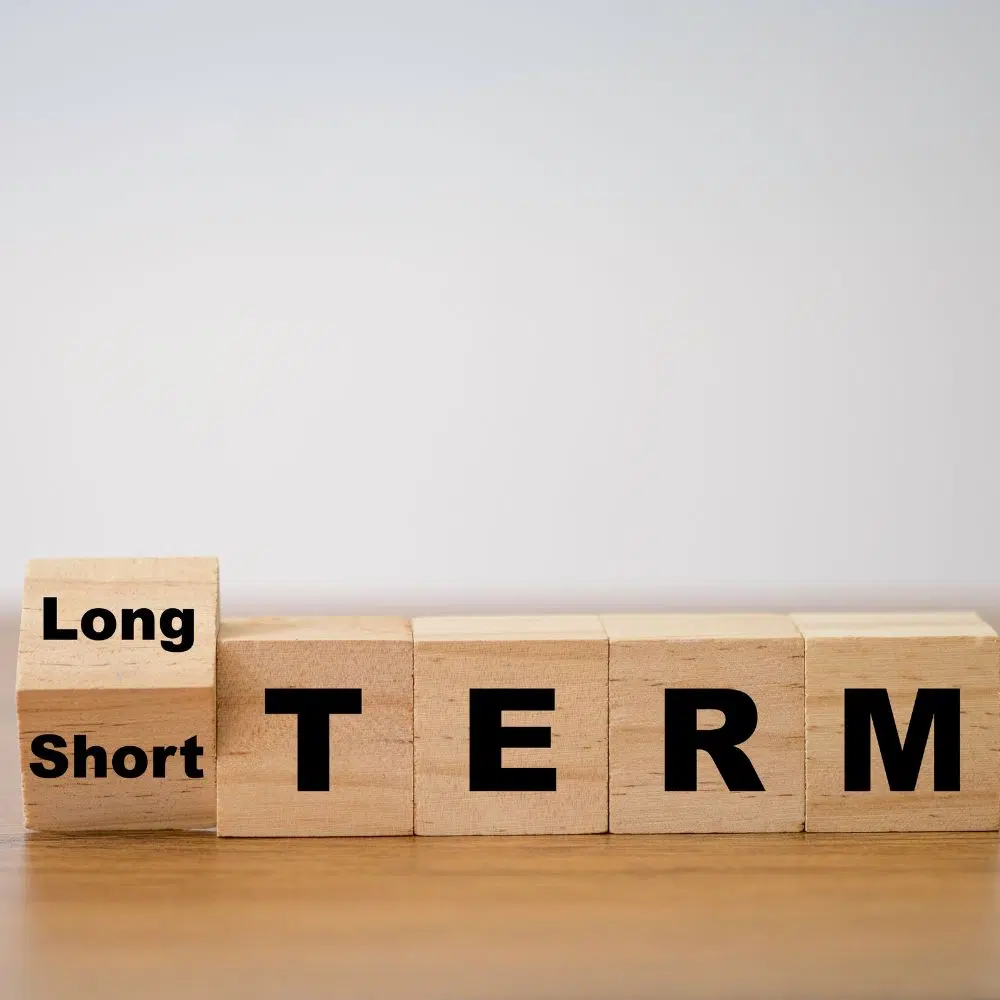
A short-term mortgage is a type of home loan that is typically paid off in less than 15 years, with some as short as 5 to 10 years. These mortgages are characterised by higher monthly payments and lower total interest costs compared to their long-term counterparts. For prospective homebuyers in the UK, a short-term mortgage can be a viable option under certain financial circumstances. Let’s delve deeper into the subject to understand what exactly a short-term mortgage is and what it entails for prospective homebuyers.
Defining a short-term mortgage
A short-term mortgage, as the name suggests, is a mortgage with a shorter repayment term. In the UK, a traditional mortgage term is typically 25 years, but terms can range from 5 to 40 years. When we speak of short-term mortgages, we refer to those with a term on the lower end of this scale. These mortgages have a shorter lifespan than standard mortgages and are typically offered with fixed-rate terms.
The appeal of short-term mortgages
Why would someone opt for a short-term mortgage with higher monthly payments? The key attraction lies in the potential for significant savings over the life of the loan. Short-term mortgages come with lower interest rates compared to long-term mortgages. Though the monthly payments are higher, the total amount of interest paid over the course of the mortgage is significantly less.
For instance, if you take out a £200,000 mortgage with a 3% interest rate over a 25-year term, you’ll pay approximately £94,000 in interest. However, if you take the same mortgage amount at the same interest rate, but over a 10-year term, the total interest paid is reduced to about £31,000. That’s a significant saving, even though the monthly repayments will be higher.
Another attraction of short-term mortgages is the potential to build equity in the home faster. Equity refers to the portion of the property that you truly own, i.e., the value of the home minus the outstanding mortgage. With a short-term mortgage, a larger portion of each payment goes towards the principal loan amount, which increases your home equity at a faster rate.
Who should consider a short-term mortgage?
Short-term mortgages are not suitable for everyone. They are ideal for those who:
Can comfortably afford higher monthly payments without affecting their lifestyle or financial security.Wish to own their home outright in a shorter time frame.Are purchasing a second home or investment property.Are refinancing an existing mortgage and can afford to do so over a shorter term.Want to pay less interest over the life of the loan.
Potential downsides of short-term mortgages
While the advantages of a short-term mortgage can be compelling, there are potential downsides to consider. The higher monthly payments, while beneficial in the long term, can place a significant strain on your monthly budget. If your financial situation changes — say, due to job loss or unexpected expenses — it might become challenging to keep up with the payments.
Moreover, even though you’re paying less interest overall, your larger monthly payments could prevent you from investing in other areas, like retirement accounts or the stock market, which could potentially offer higher returns.
In summary, a short-term mortgage can be a powerful tool for homeownership, offering the potential for significant interest savings and faster equity building. However, like any financial decision, it’s crucial to consider your individual financial situation, risk tolerance, and long-term goals. Consulting with a financial advisor or mortgage broker can provide further insights into whether a short-term mortgage is the right choice for you. Remember, the best mortgage isn’t always the one with the lowest
Related articles:
What is a mortgage for NHS staff?
